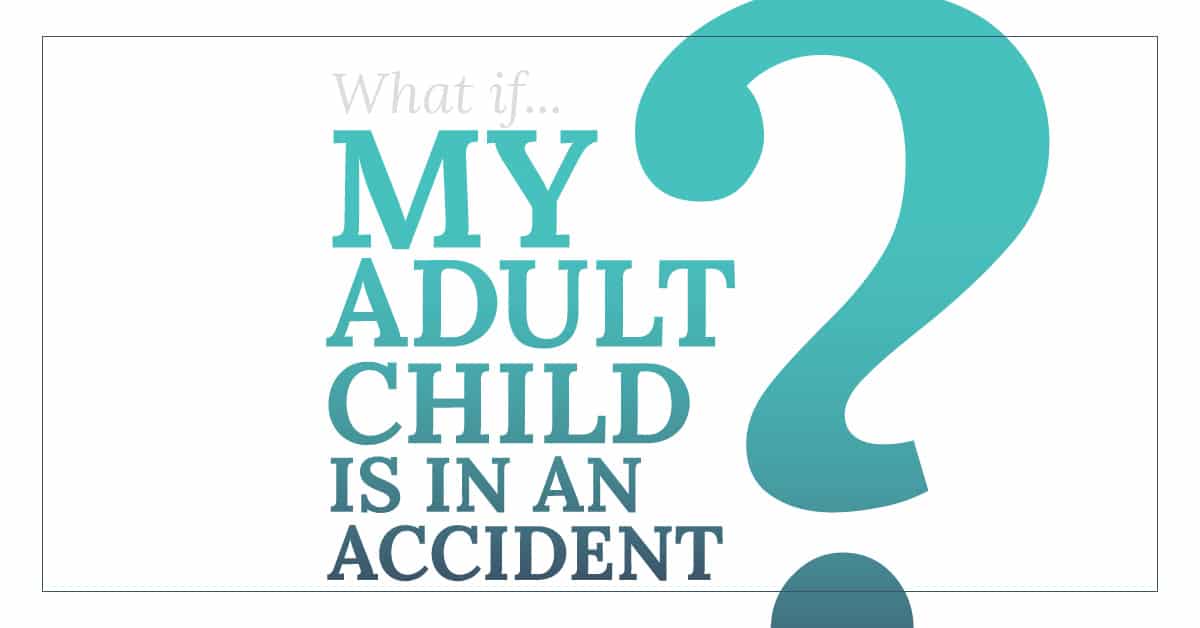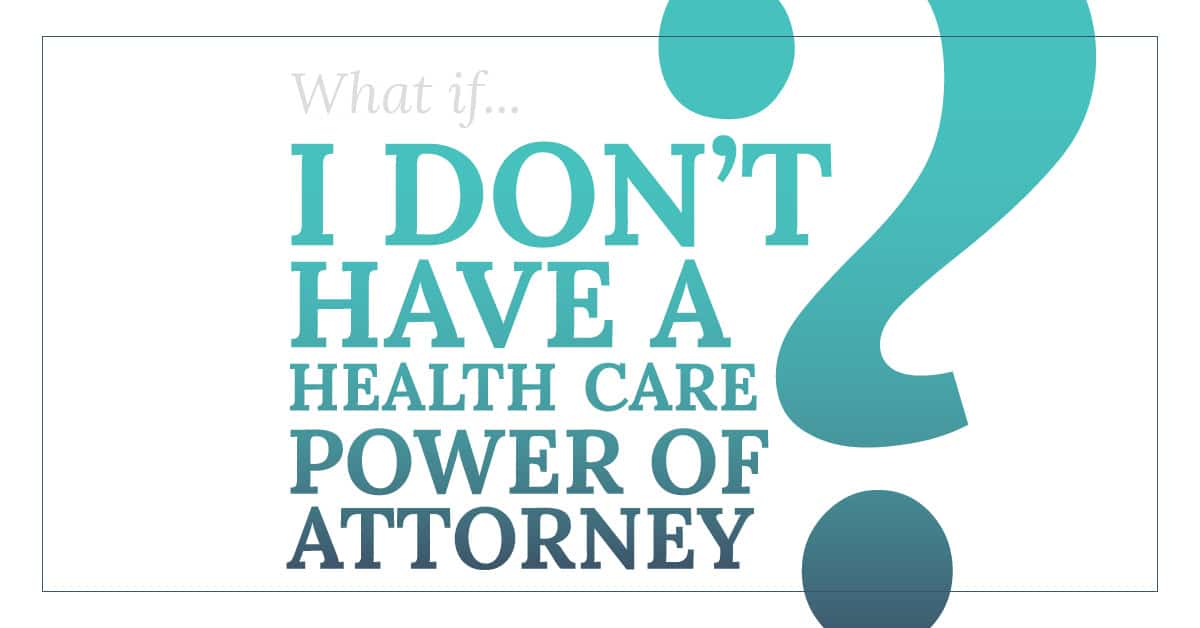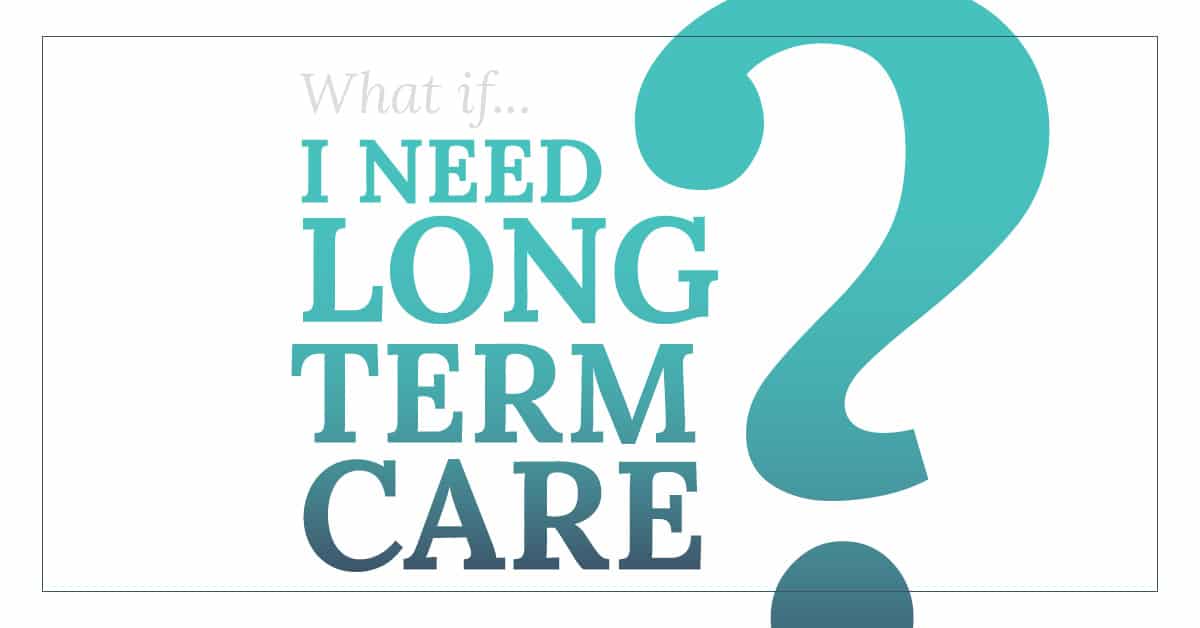Five Reasons to Have an Estate Plan
Carrier Law has offered estate planning services to West Michigan for over 30 years. We are proud to help our families protect their valued assets and ensure their wishes are met. We are passionate about informing our communities about the importance of estate planning every day of the year, but we’re excited to bring special attention to it during National Estate Planning Awareness Week.
National Estate Planning Awareness Week takes place the third full week of October every year to help Americans understand what estate planning is and why it is a vital part of financial and medical security. For this year’s awareness week, Carrier Law focused on sharing the “What Ifs” that can occur in life, and how they are exacerbated without estate planning.
1. What If…I Die Without a Will?
Dying without a will in place is called “dying intestate”. This means that your assets will be distributed according to Michigan’s Intestacy laws instead of honoring any wishes you may have had – including wishes for your minor children.
If you have minor children, having a will that indicates your wishes for guardianship is a must. A guardian is the person or people you want to take care of your children if you and their other parent were to die. If a guardian is not named, the Probate Court will appoint someone, all without the Judge knowing who you think shares your values in raising your children.
 2. What If…My Adult Child is in an Accident?
2. What If…My Adult Child is in an Accident?
Once your child turns 18, your parental rights as their Natural Guardian end. This means that you no longer have the legal rights to access their medical records, make health care and financial decisions, or access their school records.
An example of the importance of medical planning for your adult children is the Virginia Tech school shooting. Frantic parents called hospitals to locate their children, but hospitals were unable to tell them anything because the parents did not have the proper legal forms to receive information on their adult child.
Similarly, if your adult child was in an accident and incapacitated in the hospital, you would need the proper legal forms to make medical decisions on their behalf.
There are several legal documents you will want to consider: HIPPA form, a Health Care and Financial Power of Attorney, and a Federal Family Educational Rights and Privacy Act (FERPA) waiver. A HIPAA form will allow access their medical information, a Health Care Power of Attorney and a Financial Power of Attorney to make medical and financial decisions on behalf of your child if they are unable to make them on their own. Finally, a FERPA waiver will allow access to your child’s student records.
 3. What If…I Don’t Have a Healthcare Power of Attorney?
3. What If…I Don’t Have a Healthcare Power of Attorney?
If you become incapacitated or otherwise unable to make your own healthcare decisions, you likely have a loved one you’d prefer to make decisions on your behalf. It could be your spouse, a child, parent, or sibling. However, without a power of attorney document, this loved one will be unable to make those decisions for you, and will have to go through probate court to be appointed to make those decisions.
In the event of a crisis the last thing your loved one needs is any red tape to care for you.
 4. What If…I Die, and My Assets are Not in a Trust?
4. What If…I Die, and My Assets are Not in a Trust?
A will provides certain important guidelines, like guardianship of minor children and your wishes for your assets, but it does not protect your assets from Probate court. If your assets are not in a trust, they will go through Probate court where a judge decides how they will be distributed.
Probate court is public knowledge, so anyone can try to stake a claim on your estate. It is extremely important to not only create a will, but to put that will and its assets in a trust.
 5. What If…I Need Long-Term Care?
5. What If…I Need Long-Term Care?
A month in an assisted living facility costs over $4,000 and a semi-private room in a nursing home costs over $9,000. Without a plan for how you or a loved one will pay for long-term care, you may be faced with limited options, and often, extreme debt. It is also important to consider the development of Alzheimer’s or dementia as you age, and the corresponding care required
There are options to plan for long-term care and how to avoid draining your savings to pay for it. The time is now! You need to plan at least five years ahead to protect your assets properly, and we can help.
Our team at Carrier Law is equipped to help you face each of these “What If” scenarios and turn them into “I Am Prepared” peace of mind. Our unique approach to estate planning ensures that the people and things you love most will be protected.
Don’t let uncertainty rule your life, set up an appointment or attend one of our free LifePlan™ Workshops to learn how you can take control of your financial future.



Leave a Reply
Want to join the discussion?Feel free to contribute!